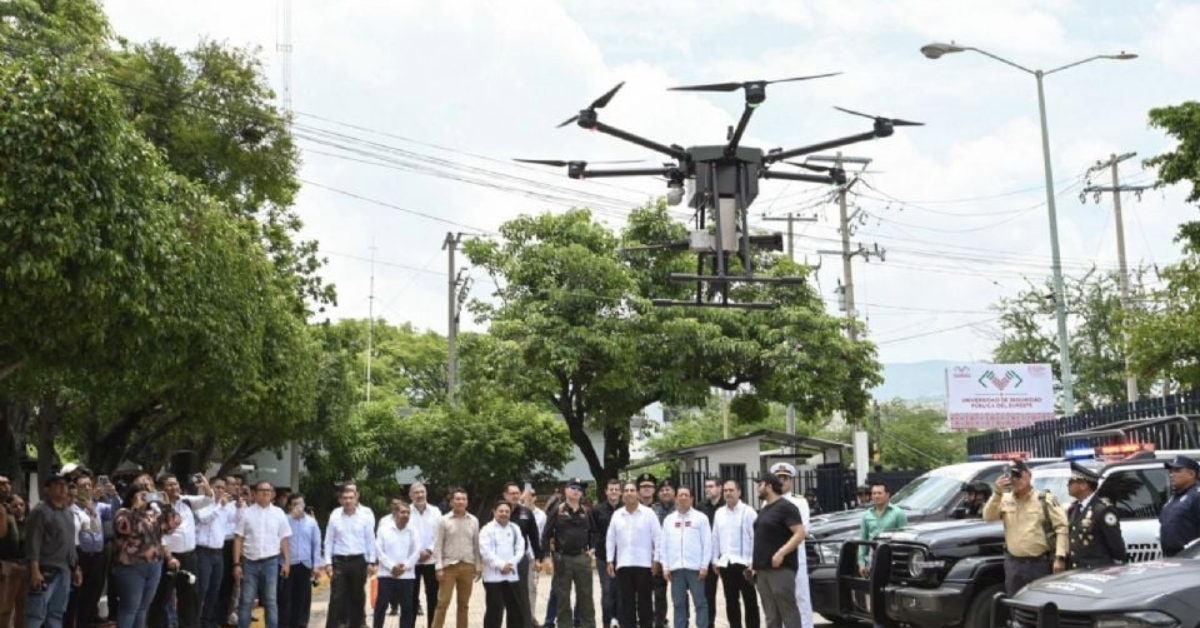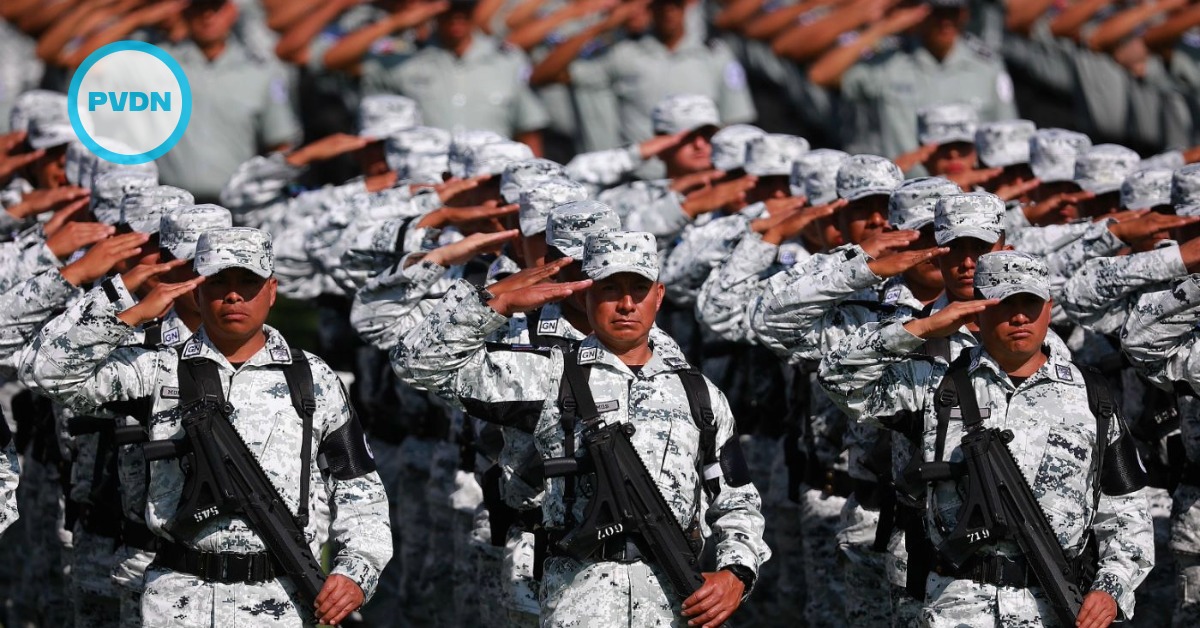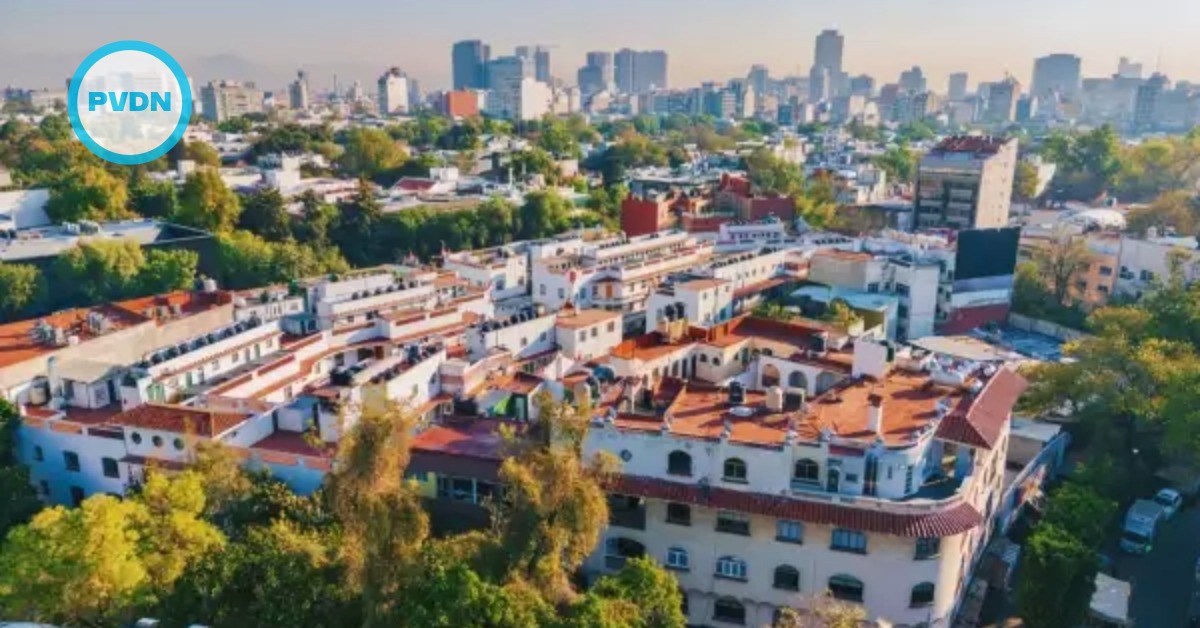Chiapas Governor Eduardo Ramírez announces armed drones and robotic dog to boost border security amid recent controversies involving elite police unit.
Chiapas Governor Eduardo Ramírez announced the acquisition of a fleet of armed drones and a robotic dog to bolster security efforts along the state’s southern border with Guatemala. The new technology will support tactical operations carried out by the Kanan Unit and the Immediate Reaction Force “Pakal,” both specialized security groups operating under the state’s Security Secretariat.
In a video posted to social media, Ramírez . . .






